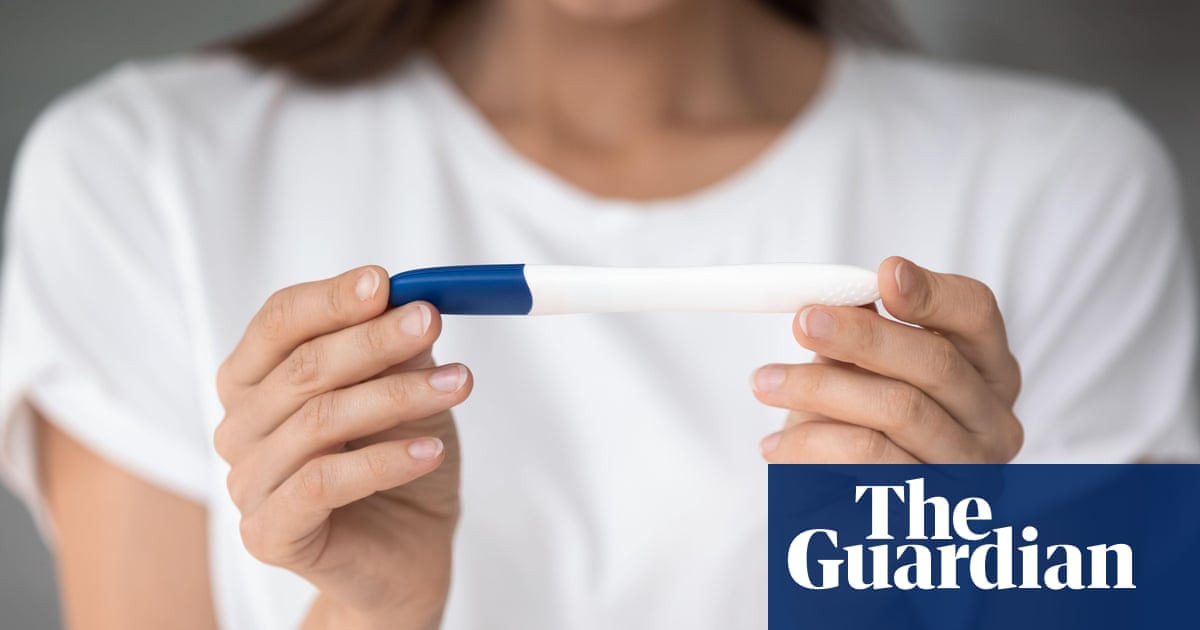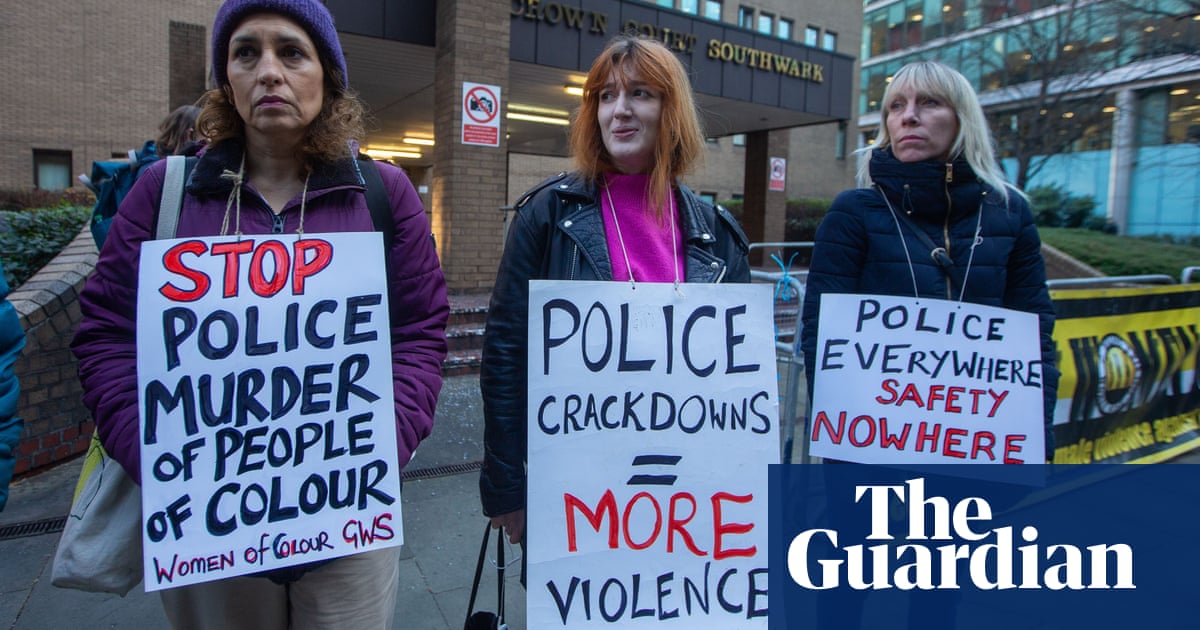
A record number of abortions took place in England and Wales last year in a trend experts said was driven by financial uncertainty caused by Covid-19.
There were 214,869 terminations during 2021, the highest number since the procedure became legal in Great Britain through the 1967 Abortion Act, the latest annual abortion statistics published on Tuesday show. Numbers have been going up every year since 2016.
“The pandemic, and the policies adopted by the government in response, have had a clear impact on women’s pregnancy choices,” said Clare Murphy, the chief executive of the British Pregnancy Advisory Service (BPAS), a major abortion provider. “Faced with economic uncertainty and job insecurity, women and their partners have been making sometimes tough decisions around continuing or ending a pregnancy.”
The new abortion figures also show that:
By age group the abortion rate was highest among 22-year-old women, at 31 per 1,000.
Abortion rates are highest in the north-west at 22 per 1,000 women aged 15-44, and lowest in the south-west at 15.4 per 1,000 women aged 15-44.
99% of abortions were NHS-funded, though private providers performed 77% of them.
161 women from Northern Ireland travelled to England or Wales for an abortion last year, even though the procedure was decriminalised in their home country in 2019.
The increase in the abortion rate was most pronounced among 30- to 34-year-old women. Over the last decade it has risen significantly from 17.2 per 1,000 in 2011 to 22.1 per 1,000 last year.
However, rates are stable among women aged 35 and over, and are going down among under-18s.
Four-fifths (82%) of those having an abortion gave their marital status as single, although 49% said they were single but had a partner.
Growing numbers of women having a termination were already mothers – 57% last year, up from 51% in 2011.
The number will keep rising, said Jonathan Lord, the medical director of MSI Reproductive Choices, another main provider of abortion care. “The data shows abortion is an essential choice, and with continuing problems accessing contraception coupled with the cost of living crisis, we would not be surprised to see greater demand over the coming months.”
The figures released by the Department of Health and Social Care also showed that almost nine in 10 (87%) abortions were medically induced, by the woman taking two tablets, and that a similar proportion (89%) took place before 10 weeks of pregnancy.
More than half (52%) of women were able to take both tablets at home rather than one at a medical facility, thanks to the “pills by post” medical abortion scheme, brought in by the NHS in response to Covid.
While Wales decided to make that scheme permanent, ministers only agreed to do the same in England after a revolt by MPs in a free vote on the issue in March.
Murphy said some terminations were happening because the foetus had a birth defect, such as spina bifida or anencephaly, which may have been prevented if the government had ensured flour was routinely fortified with folic acid.
Ministers promised last September to introduce mandatory fortification of non-wholemeal flour for that reason, a policy used in Australia, Canada and other countries. However, nothing has yet changed because the plan is subject to public consultation.
A Department of Health and Social Care spokesperson said: “Ensuring women can access abortion services in a safe, secure way remains a priority. We continue to work on plans to improve sexual and reproductive health services, including access to long acting reversible contraception, and will publish a sexual and reproductive health action plan later this year.”












